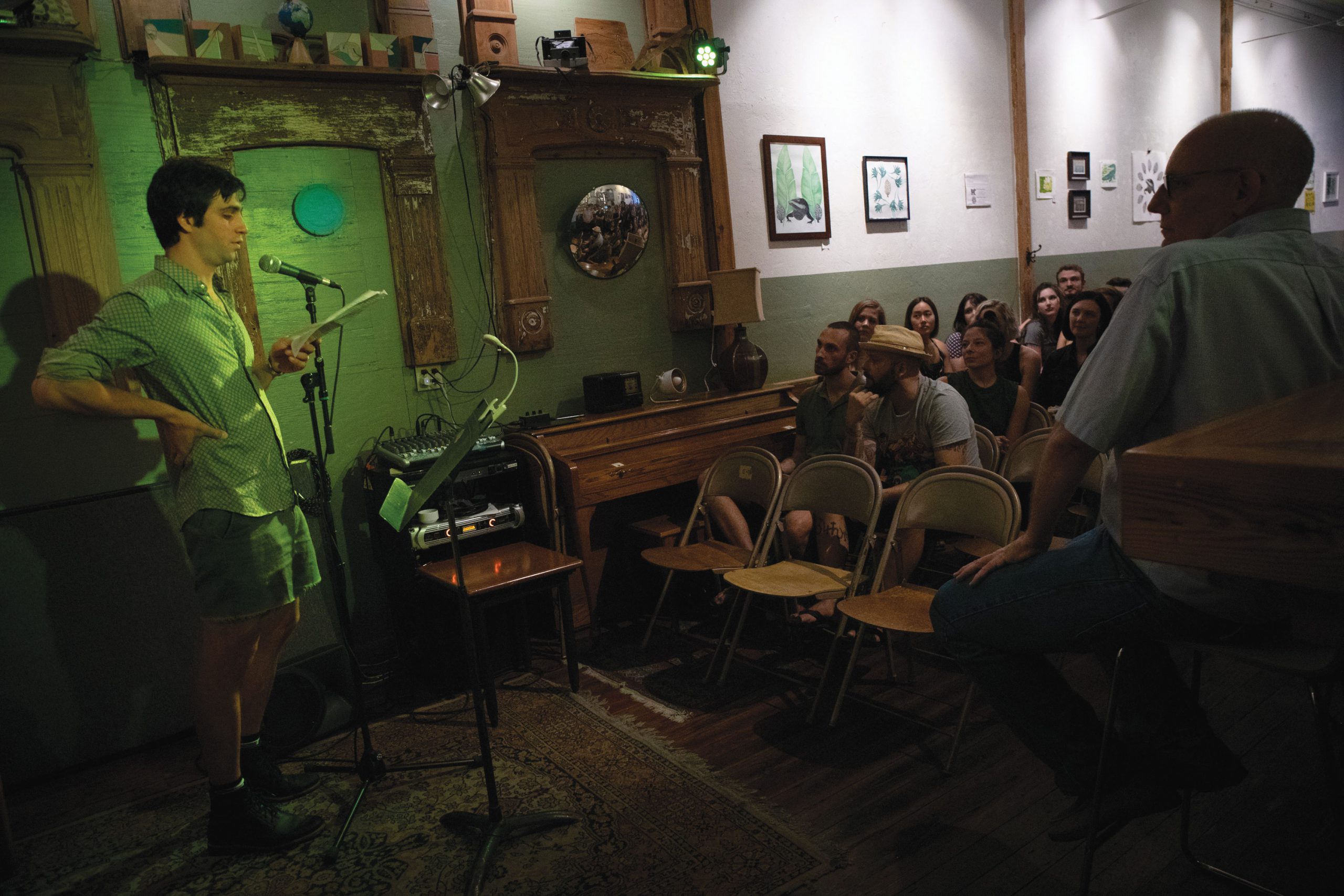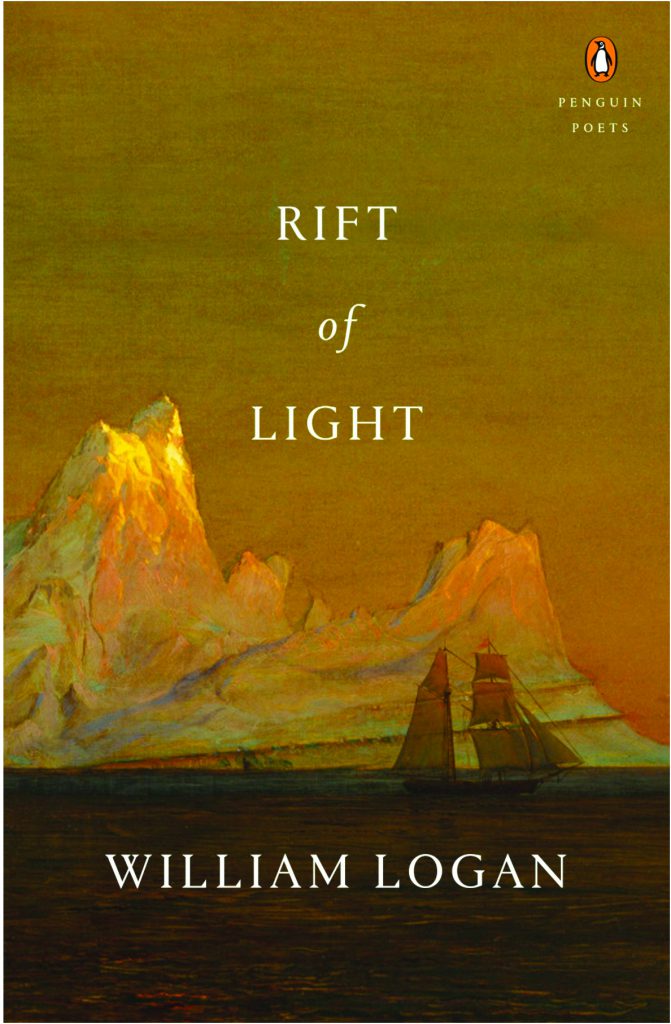There is nothing to writing. All you do is sit down at a typewriter and bleed. “
ERNEST HEMINGWAY
Ask the would-be authors in the University of Florida’s creative writing program the toughest thing about pursuing a master of fine arts, and a common answer is surprising, considering they’ve chosen to spend three years doing it.
Writing.
“Writing is not fun to me,” says Jackson Armstrong, now in his second year. “I don’t like it.”
Even the pros, the faculty, understand the vulnerability of writing.
“It’s very frightening sometimes. You’re stuck in the work. The desire is beating down on you: write, write, write. You sit there two hours, three hours, four hours. You don’t find anything to write,” says Uwem Akpan, one of two new professors. “You’ve lost your powers. It is real, real terror.”
Gardner Mounce, now in his third year, says the only safeguard against the vulnerability of writing is more writing. In spring of his second year, he started writing every day, and it made a huge difference.
“Writing every day helps because, as Jill [Ciment] says, writing is kind of like walking across a tightrope. If you take a day off, you risk looking down and not being able to start again,” Mounce says. “So I took her advice and started writing every day.”
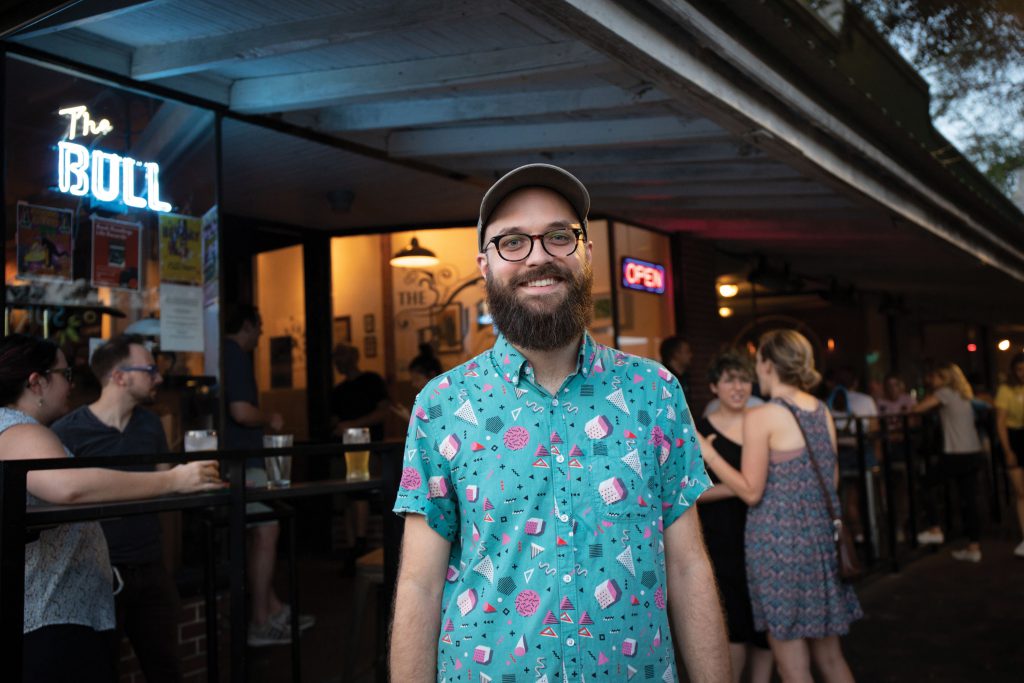
For all its vulnerability, the students love the writing life. Armstrong says he can’t imagine doing anything else. There is personal and professional growth in the crossed-out words and X’d out paragraphs, the pages that meet their fate with a tap of the delete button. One day, they hope, their false starts and mushy middles will lead to successful endings like those of Elliot Reed, MFA 2017, who wrote “A Key to Treehouse Living,” or Rachel Khong, MFA 2011, who wrote “Goodbye, Vitamin,” or Aaron Thier, who graduated in 2012 and has published three novels, “The Ghost Apple,” “Mr. Eternity,” and “The World is a Narrow Bridge.” Three poetry students have won the prestigious Stegner Fellowship and one, Natalie Graham, won the Cave Canem Poetry Prize in 2016.
Those authors and poets are just some recent successes for a program that prides itself not only on providing the environment to write but connecting its students with the literary world — agents, journals, publishing houses and, of course, other authors.
Success can be many things, but one sure sign is publishing. Just since 2013, MFA@FLA alumni have published 161 books. The faculty, too, are prolific, modeling for the close-knit program what the writing life looks like, although they are not immune to second-guessing their own sentences.
Publishing, says Camille Bordas, also new to the program, is not inoculation against doubt.
“I’m never sure I’ll ever write again. I’m never sure I should’ve started writing in the first place,” Bordas says. “It sounds exaggerated to say it’s a painful process; it’s not physically painful.
“But the new work is just as hard as the first one,” Bordas says. “There’s a never knowing if it’s good.”
Long history, new blood
The program’s roots go back to 1949, making it one of the oldest creative writing programs in the United States. Its early history is one of fits and starts but also some renown. The author Andrew Lytle founded it, then went on to edit the Sewanee Review, the oldest literary journal in the United States. Pulitzer Prize-winning poet Donald Justice taught from 1982-92. For decades, names such as Padgett Powell and Harry Crews taught fiction, providing a southern literary flavor.
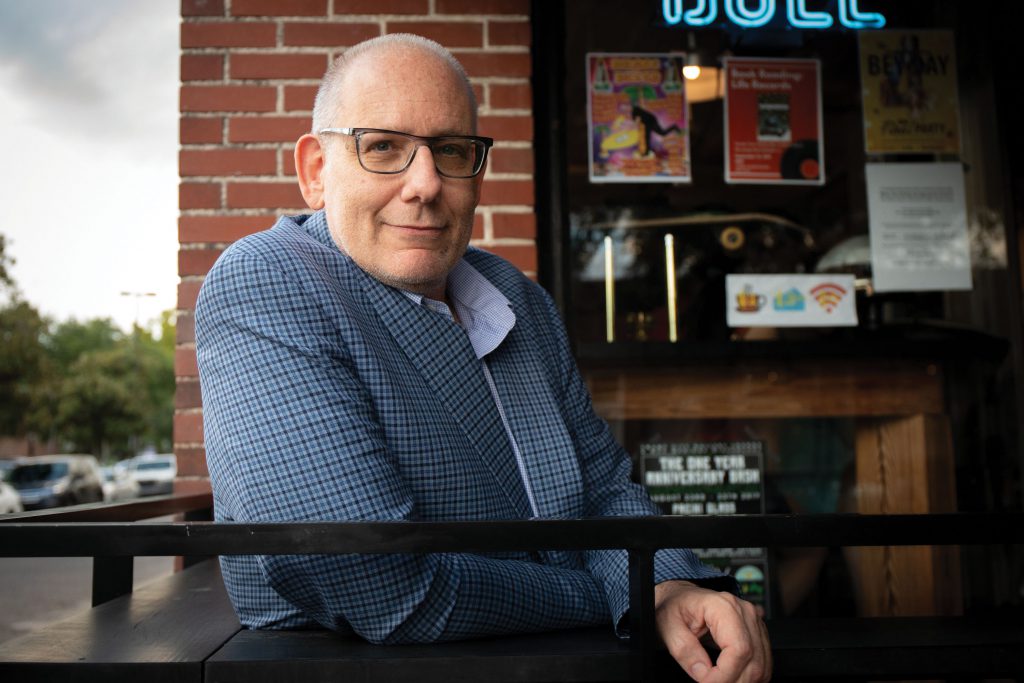
In poetry, the faculty stands at three: Ange Mlinko, an award-winning poet and Guggenheim fellow, Michael Hofmann, a renowned poet and translator, and William Logan, who is known both for his poetry and his criticism. In fiction and non-fiction are David Leavitt, a Guggenheim fellow who began publishing his work as a student at Yale, Jill Ciment, also a Guggenheim fellow, and the two new faculty members, Akpan and Bordas.
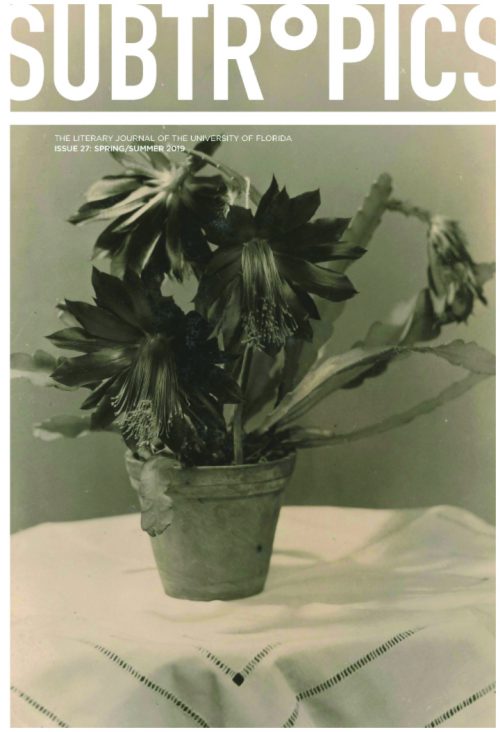
Logan, who started in 1983, is the longest tenured faculty member, while Leavitt, a faculty member since 2000, co-directs the program, known as MFA@FLA, with Hofmann. In 2006, Leavitt upped the profile of the program by using a grant from the UF Research Foundation to start Subtropics, a literary journal, with the radical idea that writers should be paid for their poetry and prose.
“I persist in believing — it’s a matter of principle for me — writers deserve to be paid for their work,” Leavitt says. “And it is something that distinguishes us from a lot of other literary magazines.”
The magazine publishes both new and established writers. Students also get a chance to work on the magazine, reading manuscripts, managing social media, and interviewing contributors. A number of students who have worked on the magazine have gone on to jobs in publishing, Leavitt says. MFA@FLA also hosts the annual Florida Writers Festival in the fall.
While rankings are quirky in such a subjective field, the program embraces one ranking, bestowed by Poets & Writers: #1 in job placement.
With funding from the provost, the program brought Akpan and Bordas on board, a recognition, Leavitt says, that no one on the faculty prior to their arrival celebrated a birth year more recent than 1969.
“It’s an investment in the future of the program,” Leavitt says. “I was worried that the time was going to come when everyone would retire, all at once.”
The new faculty, Bordas, 32, a French author and translator, and Uwem Akpan, 48, a Nigerian author, joined the program in 2018.
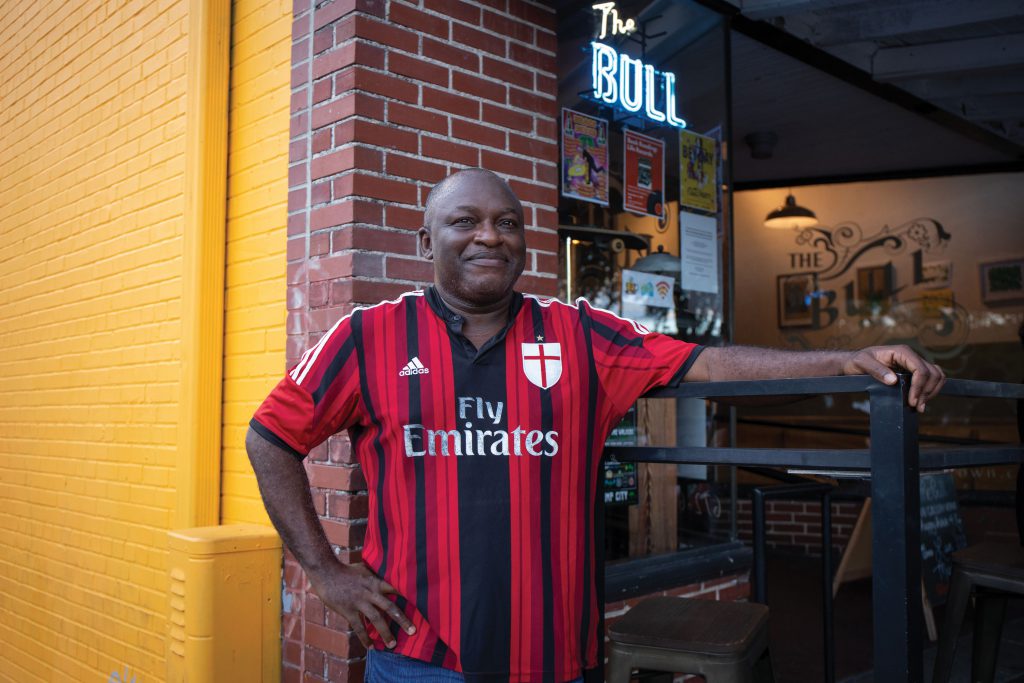
Akpan had been a visiting scholar at a number of places following the success of his first collection of stories, “Say You’re One of Them,” in 2008. In sinking roots at UF, he says he found what he was looking for: a place with “top, top, top writers” who have “deep humanity.”
“I wanted a place where there would be people I could talk with and really call colleagues,” Akpan says.
Bordas’ writing is rooted in a French tradition, in which authors tend to toil in isolation. She says the concept of an MFA program and the community it offers was foreign to her for much of her writing life.
“In France, there is no school that will teach you how to write, even though we have schools for fine arts and cinema and painting,” says Bordas, who wrote her third book, “How to Behave in a Crowd,” in English. “I always thought writers just read a lot, and one day they experiment, they try something and it works.”
Now the youngest faculty member, Bordas says she learned of the reputation of MFA@FLA as her awareness of MFA programs grew.
“I knew there were a handful of great creative writing programs in America, and that one of them was at the University of Florida,” Bordas says. “It’s a matter of who teaches there, and do they fund their students?”
The funding is critical to successful MFA programs, Leavitt says. Every student admitted gets a tuition waiver and a stipend, meaning they don’t have to compete with each other for financial support, unlike students at many programs. Also unlike some other programs, the MFA@FLA is a true three-year program, with funding guaranteed for the duration. Since students don’t compete for funding, that allows students to cheer each other’s successes and encourage each other in the face of failure. That collegiality, Leavitt says, is a hallmark of the program.
The third year is also critical to students’ success. Leavitt says he recalls only four students who failed to complete a thesis by the end of the third year, and two of those returned later to finish. That makes for an extraordinarily good completion rate.
“Occasionally, people don’t finish, and it’s usually because of some sort of major writer’s block,” Leavitt says. “The last student who didn’t finish … honestly, I don’t think his heart was in it. I think he realized he didn’t want to be a writer.”
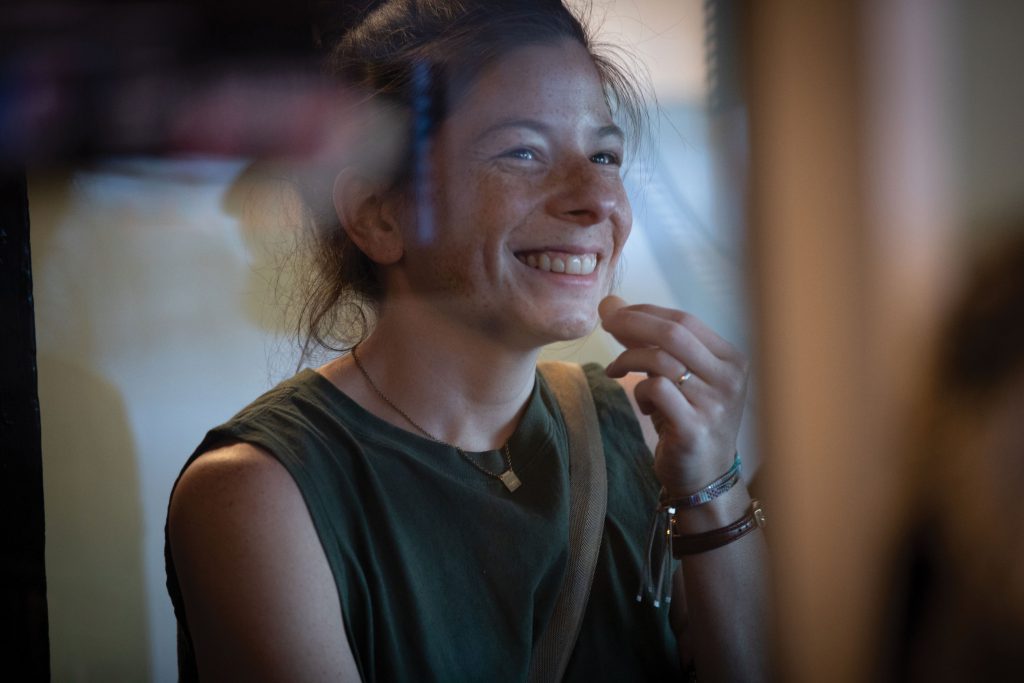
There are moments, however, when he worries. In 2018, a student he advised was incommunicado, ignoring repeated emails about his thesis progress as the deadline approached.
“All of a sudden, this thesis lands in my computer,” Leavitt says. “It’s fantastic. He’d gone off and written it. What he needed was just to be completely alone.”
The small group — 36 students, 12 per cohort — makes for an intimate student-teacher ratio, especially compared to programs that admit 30 and 40 students each year. While the students choose a chair, they work with everyone, and that gives them a well-rounded view of their work from multiple discerning readers.
Mounce found mentors for his fiction when he clicked with Leavitt and Jill Ciment.
“David is fantastic. He is a super line editor. He writes the most beautiful sentences,” says Mounce. “Jill is like a big-picture wizard. You write a story and she can see the bigger picture better than you can. So, both of those experiences were transformative.”
Settling on five or six students per genre after sifting through about 500 applications a year is not as daunting as it seems, Leavitt says. The process was more laborious during the economic downturn, when hordes of students flocked to graduate school as refuge from a bad economy, but applications have tapered off to a more manageable level as the economy has strengthened.
The application asks students who their favorite writers are, but there is no answer that is an automatic disqualifier, although some set off “little alarm bells,” Leavitt says. The writing sample — 20 pages of fiction or 12 poems — are circulated and those that just don’t suit are put aside. About 50 students per genre quickly emerge as contenders, Leavitt says. Comments are made and generally there is a great deal of agreement on the first cut. Then the negotiations begin.
“We get together and hash it out,” Leavitt says. “There is a certain amount of horse-trading.
“Curiously enough, the poets are much more methodical about the score,” Leavitt says.
Some law schools have higher acceptance rates than MFA programs. Leavitt says fiction admits 2 to 3 percent of applicants a year and poetry perhaps 7 percent.
“Then there are the people you didn’t admit who go on to become famous,” Leavitt says, “or the ones you admit who had a great story in their application, and it turns out they really only had that one story.”
Workshop
Some students are kitchen table writers, others café writers. Some work before dawn, others late at night and still others in between. Then there’s the procrastination: sitting down, getting up, getting a coffee, changing the thermostat, tuning out a barking dog, staring out the window, Googling random stuff. Waiting for words to flow.
And after the words, comes workshop. Students bring their prose and poetry, the precious fruit of hours, even days, of toil, for the scrutiny of peers and professors. High hopes can go down the drain with an unexpected question or a look askance.
“No one comes out of workshop unscathed,” Mounce says, “but I mean that in a positive way.”
All students take four workshops, generally one with each faculty member in their genre, and it’s a bit like speed-dating, Mounce says. What one professor or classmate likes, another may not.
“You go into workshop, and you know for an hour people are going to talk about you as if you weren’t in the room,” Bordas says. “The student does not speak in workshop.”
The reasons behind the words cannot be explained. For better or for worse, workshop shows a writer how readers perceive his or her work.
But for all the nerves, no one would give it up because workshop is where students find their voice, says poet Erin O’Luanaigh, MFA 2018.
“That only comes after you’ve tried on all the other pairs of glasses the professors give you. Essentially they help you see a poem, so you can say ‘Ange would make this change,’ or ‘William would cut this out,’” O’Luanaigh says. “With those perspectives in your head, you can revise — or not — and feel confident making your own decision.”
Armstrong says he appreciates the criticism, even enjoys it. Mounce says it took most of his first year to transition from wanting to submit work that classmates would like to wanting to submit work to hear what needed to be improved.
“I just really wanted to be praised for the first year,” Mounce says. “Now, I feel I’m in a healthier place for workshop.”
Some students arrive on campus with “trunk stories,” work they’ve brought with them, and submit those stories to workshop, perhaps feeling less vulnerable with more polished work. But the workshops are inexorable, and the story stash dries up.
“Eventually you run out. The workshops continue, and you just run out,” Mounce says. “So you have to write.”
Leavitt says he once submitted a story of his own to his workshop and agrees it was terrifying. But at its best, workshop saves a writer time.
“It might take a writer a year on his own to figure out where a piece is going wrong,” Leavitt says. “A reader can help figure it out much more quickly.”
Poetry students eventually run into workshop with Logan, whose unflinching criticism and reviews of poetry earned him the title “Samurai critic” from the New York Times and caused Slate to dub him “the most hated man in American poetry.” Students, however, love him.
“He goes out of his way to help students, so it kind of balances his critique,” says Stephanie Maniaci.
O’Luanaigh says Logan provides plenty of feedback.
“He gives you back poems that are very, very heavily marked,” O’Luanaigh says. “Beautiful lines, lines that you just love, will be crossed out.”
But she adds: “The glasses William’s workshop gave me allowed me to see a poem stripped down to its essence.”
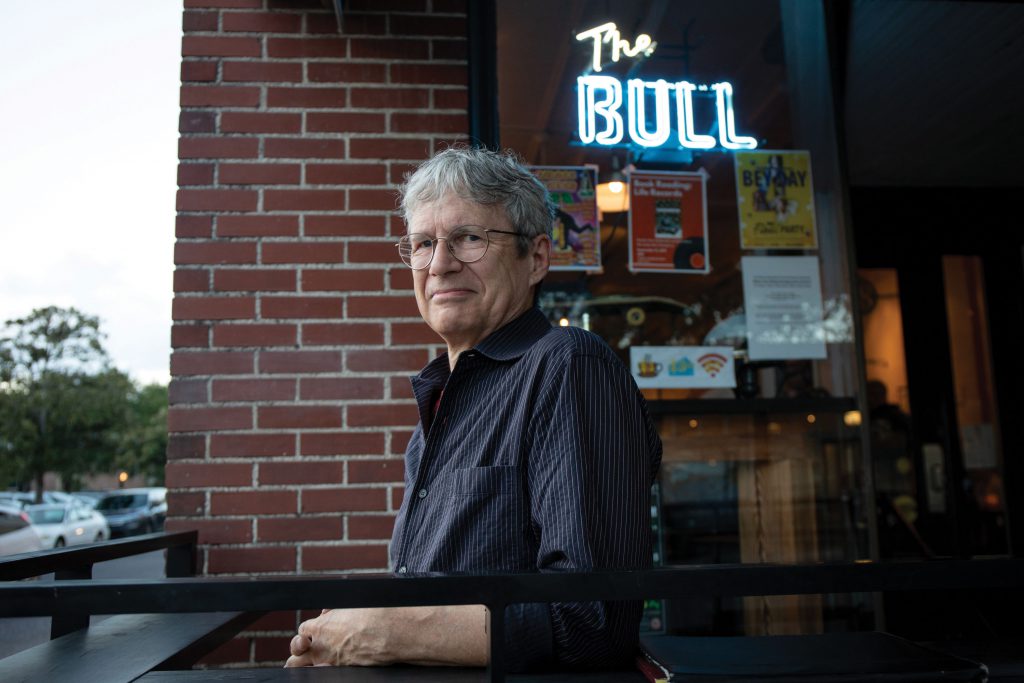
That’s the goal, says Logan. He realizes students who know his reputation as a reviewer may have some trepidation signing up for his workshop and encourages them not to read his reviews.
“As a critic, you’re criticizing something that is public,” Logan says. “With a student, you’re criticizing something that’s private, and they’re at an age when it’s also very intimate.”
One goal of the MFA program is for students to find colleagues who are good at editing and with whom they can trade poems. O’Luanaigh says it worked that way for her: she found her two most trusted readers in the MFA@FLA program.
Logan doesn’t continue to read students’ work — “how crazy if you were editing your students’ poems the rest of your life” — but O’Luanaigh says he gives his students a precious gift.
“One huge advantage of going to the University of Florida is that William will never review you,” O’Luanaigh says. “He never reviews his former students. You’re spared the chopping block forever.”
His writing prompts, too, are famous, Maniaci says, with sometimes six or seven requirements. O’Luanaigh describes them as grueling. But Logan says structure frees the imagination. Without structure, students sometimes flounder.
“You get a poem that says, ‘I looked out the window and saw …’ and about two months later you get another one that says, ‘I looked out the window and saw …’ and you understand they’re sort of living the design of the poem,” Logan says. “I’m looking out a window and I have to report that I’m looking out a window. They’re trying to frame it to be true to what they’re doing, but that doesn’t always make the best poetry.
“I get better poems if I make demands on them. So, I give them structure and other crazy things to put in. Then they stop thinking about what they’re going to write and try to fulfill the assignment, and I get wonderful things from that.”
With everyone at the same starting line, the students begin to notice differences in their styles and begin to think, “I wish I could do that.”
“And that’s jealousy, and jealousy is the great kick in the ass for writing,” Logan says.
O’Luanaigh says the grueling prompts make the structure of poetry — quatrains, sonnets, stanzas, iambic pentameter — seem easier by comparison, like going downhill after an uphill slog.
At work on her first book of poetry, O’Luanaigh says she looks back at the MFA as a gift, a time to study under the masters. Prior to it, like many millennials, she worked several part-time jobs at once. Adding writing to her life would have been impossible.
“If you’re lucky enough to get the time to write, to put all the other aspects of life on hold and write …” O’Luanaigh says. “That’s tremendous.”
Leavitt says the very best advice is not about process or where to write, or when.
“Just write.”
Sources:
- David Leavitt, Professor and Director MFA@FLA
Related website:
This article was originally featured in the Fall 2019 issue of Explore Magazine.

